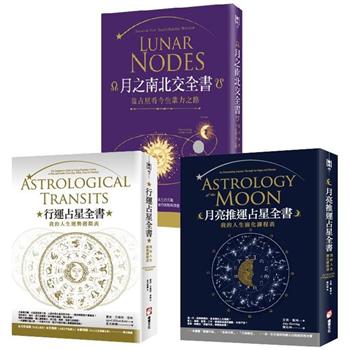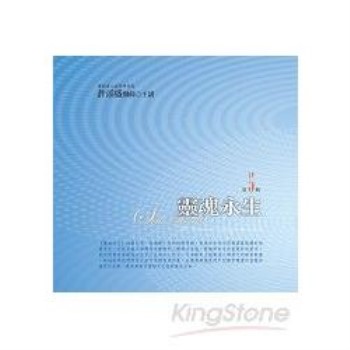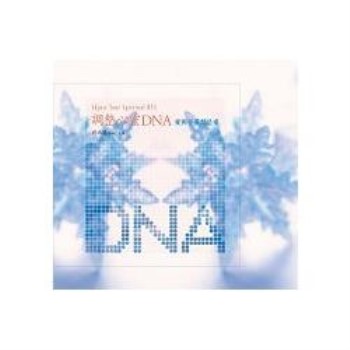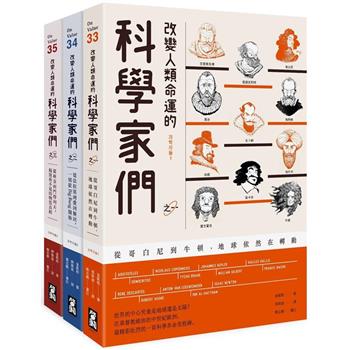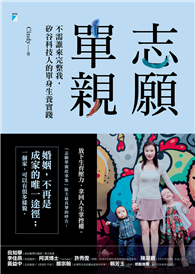Age is a complex cross-cutting notion for at least two reasons: the intricate interweaving of its biological and socio-cultural meanings and its dual significance as both a benchmark in an individual’s life course and a foundation for social structure.
This book offers new perspectives on age and ageing by combining achievements in the biological sciences and their different applications and interpretations in demography, anthropology, psychology and other pertinent disciplines. Thirty contributors from these various fields revisit the measures and the biological models of ageing, the borderline between normal and pathological ageing, the pertinence of chronological age as a benchmark along the life course, its interrelations with psychological development, with reproductive phases and other life events, the normalizing role ascribed by age classes and the risk of falling into ageism, the cross-cultural diversity and temporal changes of its meanings, the gender divide (real and perceived), as well as the rights that should be enjoyed at each age.
| FindBook |
|
有 1 項符合
Sauvain-dugerdil的圖書 |
 |
$ 5148 | Human Clocks: The Bio-Cultural Meanings of Age
作者:Sauvain-dugerdil 出版社:Peter Lang Gmbh, Internationaler Verlag Der W 出版日期:2005-12-05 語言:英文 規格:平裝 / 349頁 / 22.1 x 15.5 x 2.3 cm / 普通級  看圖書介紹 看圖書介紹
|
|
|
圖書介紹 - 資料來源:博客來 評分:
圖書名稱:Human Clocks: The Bio-Cultural Meanings of Age
內容簡介
作者簡介
The Editors: Claudine Sauvain-Dugerdil, Director of the Laboratory of Demography and Family Studies, University of Geneva, Switzerland.
Henri Leridon, Head of the Research Unit on Reproduction of INSERM (Institut National de la Santé et de la Recherche Médicale) / INED (Institut National d’Etudes Démographiques), Paris, France.
Nicholas Mascie-Taylor, Head of the Department of Biological Anthropology, University of Cambridge, UK.
|
